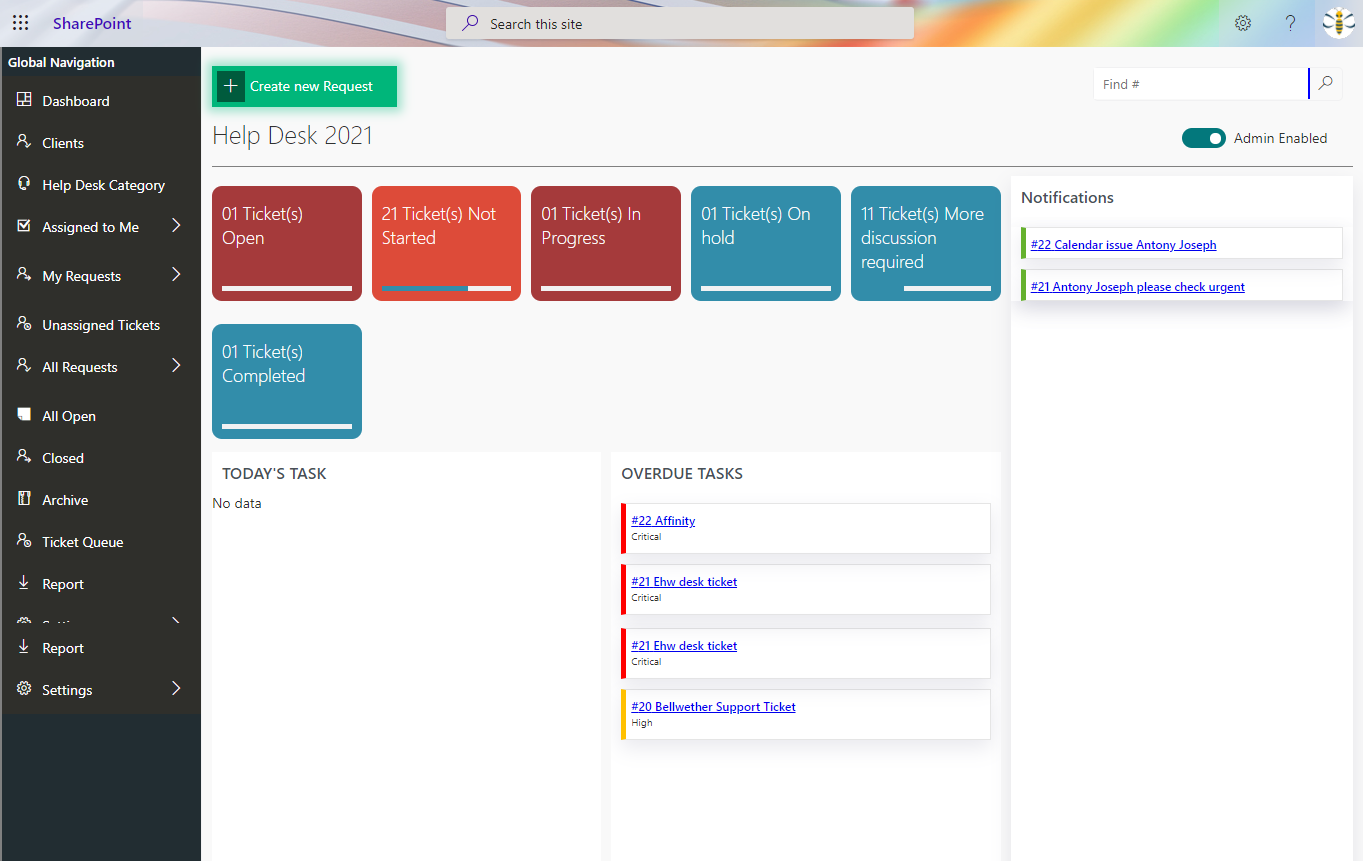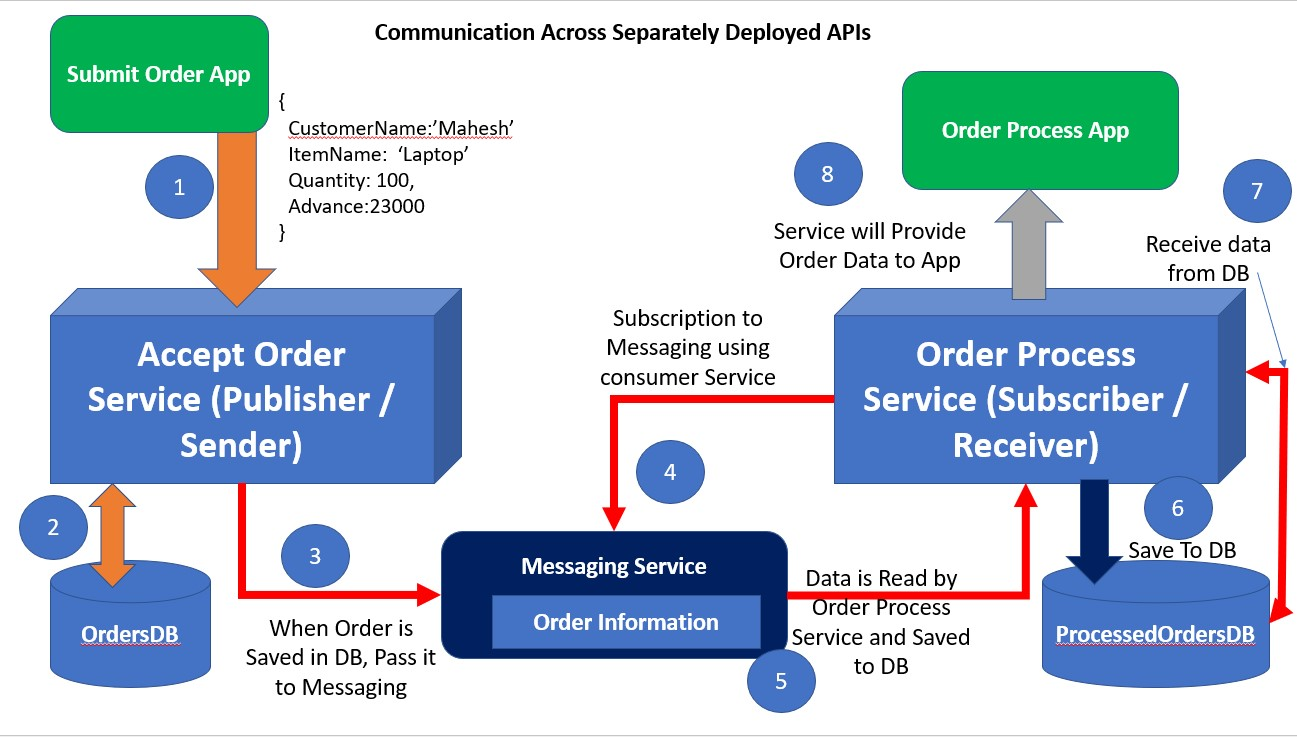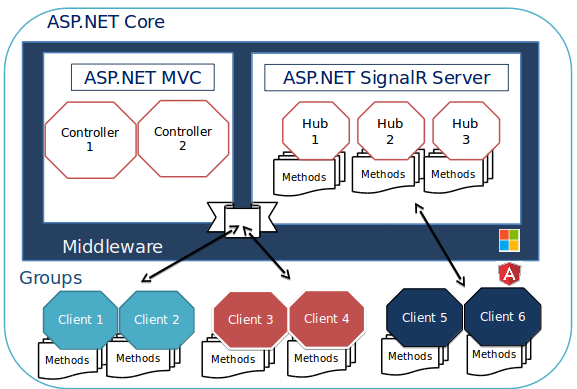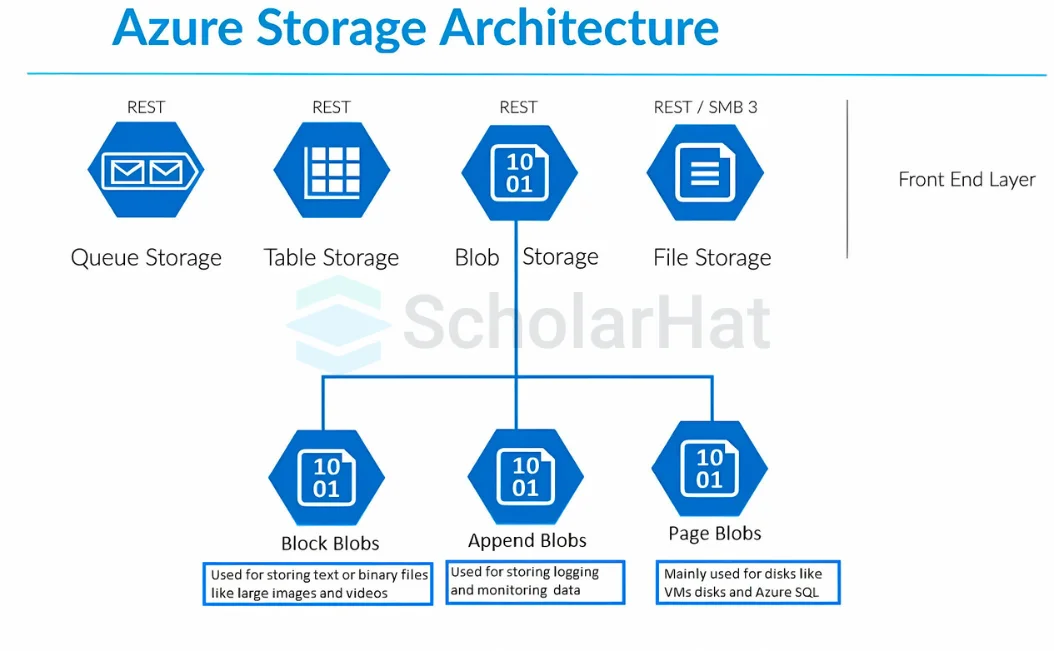Demystifying the Modern Data Warehouse: Evolution and Essentials
- ETL / ELT
- November 05, 2024
-
Demystifying the Modern Data Warehouse: Evolution and Essentials
In today’s data-centric world, the concept of modern data warehousing has emerged as a pivotal force in shaping how organizations manage, analyze, and derive insights from their data assets. As businesses grapple with vast amounts of information generated at unprecedented speeds, the adoption of modern data warehousing has become a strategic imperative for staying competitive and agile in the ever-evolving landscape.
Traditional vs. Modern Data Warehousing
At its core, modern data warehousing represents a paradigm shift from the traditional methods of data storage and analysis. Let’s delve into the distinctions between these two paradigms and uncover the limitations of traditional methods that have driven the adoption of modern data warehousing.
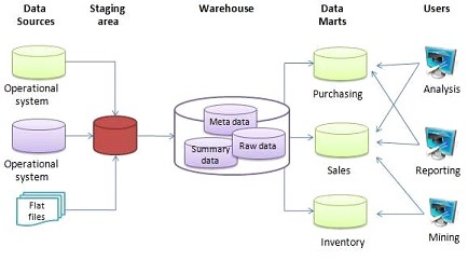
The basic architecture of a data warehouse
Traditional Data Warehousing:
1. Batch Processing: Data was collected over time and processed in periodic batches, leading to delayed insights that were often outdated by the time they were analyzed.
2. Scalability Challenges: As data volumes grew, traditional warehouses struggled to scale efficiently, often requiring significant investments in hardware and infrastructure.
3. Limited Flexibility: Adapting to changing data formats and types was complex and time-consuming, making it challenging to handle the diverse data sources of today’s digital landscape.
4. High Costs: The expenses associated with hardware, maintenance, and physical storage made traditional warehousing cost-prohibitive for many businesses.
The Evolution to Modern Data Warehousing:
1. Cloud Infrastructure: Cloud computing forms the bedrock of modern data warehousing. Leveraging cloud services allows organizations to scale dynamically, pay for what they use, and reduce the burden of managing physical infrastructure.
2. Real-Time Processing: Modern data warehouses enable real-time data ingestion and processing, ensuring that insights are up-to-date and actionable.
3. Agility and Flexibility: With modern architectures, organizations can easily adapt to changing data sources, formats, and business requirements.
4. Cost-Effectiveness: Cloud-based solutions eliminate the need for large upfront investments, making modern data warehousing accessible to businesses of all sizes.
Key Components of a Modern Data Warehouse:
A modern data warehouse is a dynamic ecosystem built on a foundation of essential components that work in concert to enable efficient data storage, processing, and analysis. Let’s explore these key components:
1. Cloud Infrastructure: Cloud providers like AWS, Azure, and Google Cloud offer scalable storage and compute resources. Organizations can provision and manage data warehouses without the complexities of physical hardware.
2. Data Ingestion Pipelines: These pipelines collect data from various sources (databases, APIs, logs) and load it into the warehouse. Tools like Apache Kafka, AWS Glue, and Azure Data Factory play a crucial role.
3. Data Storage: Modern data warehouses store data in columnar formats (e.g., Parquet, ORC) for efficient querying. S3, Azure Blob Storage, and Google Cloud Storage serve as repositories.
4. Compute Engines: Services like Amazon Redshift, Snowflake, and Google BigQuery process queries and transform raw data into meaningful insights.
5. Data Modeling and Transformation: Organizations create data models (star schema, snowflake schema) to optimize query performance. ETL (Extract, Transform, Load) processes transform raw data into usable formats.
6. Data Visualization Tools: Platforms like Tableau and Power BI help users explore and visualize data, turning insights into actionable decisions.
Conclusion:
Modern data warehousing empowers organizations to harness the full potential of their data. By embracing cloud-native architectures, real-time processing, and agile methodologies, businesses can unlock valuable insights and drive innovation. Whether you’re a data engineer, analyst, or business leader, understanding the evolution and essentials of modern data warehousing is essential for success in today’s data-driven landscape.
Start Your Data Journey Today With MSAInfotech
Take the first step towards data-led growth by partnering with MSA Infotech. Whether you seek tailored solutions or expert consultation, we are here to help you harness the power of data for your business. Contact us today and let’s embark on this transformative data adventure together. Get a free consultation today!

We utilize data to transform ourselves, our clients, and the world.

Partnership with leading data platforms and certified talents


